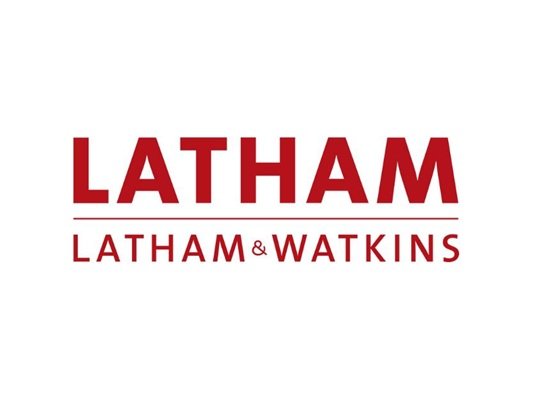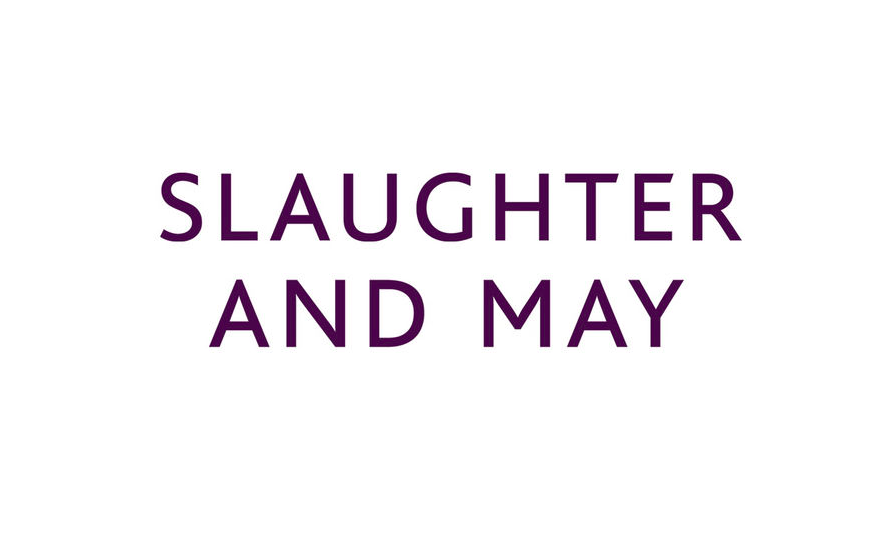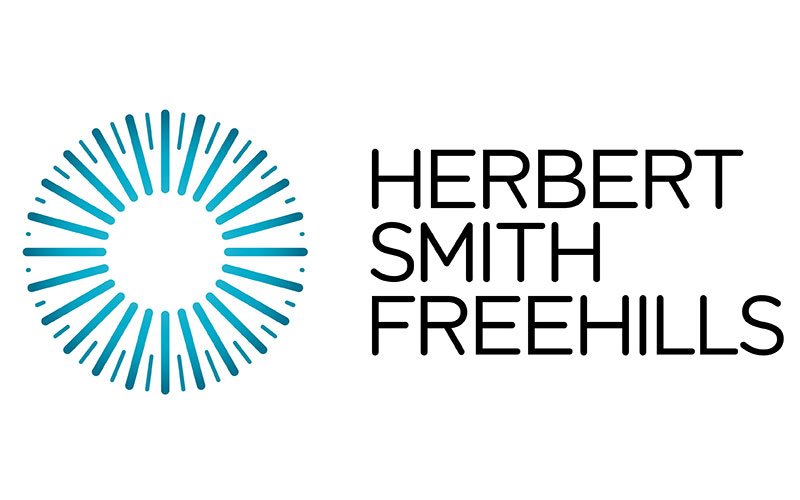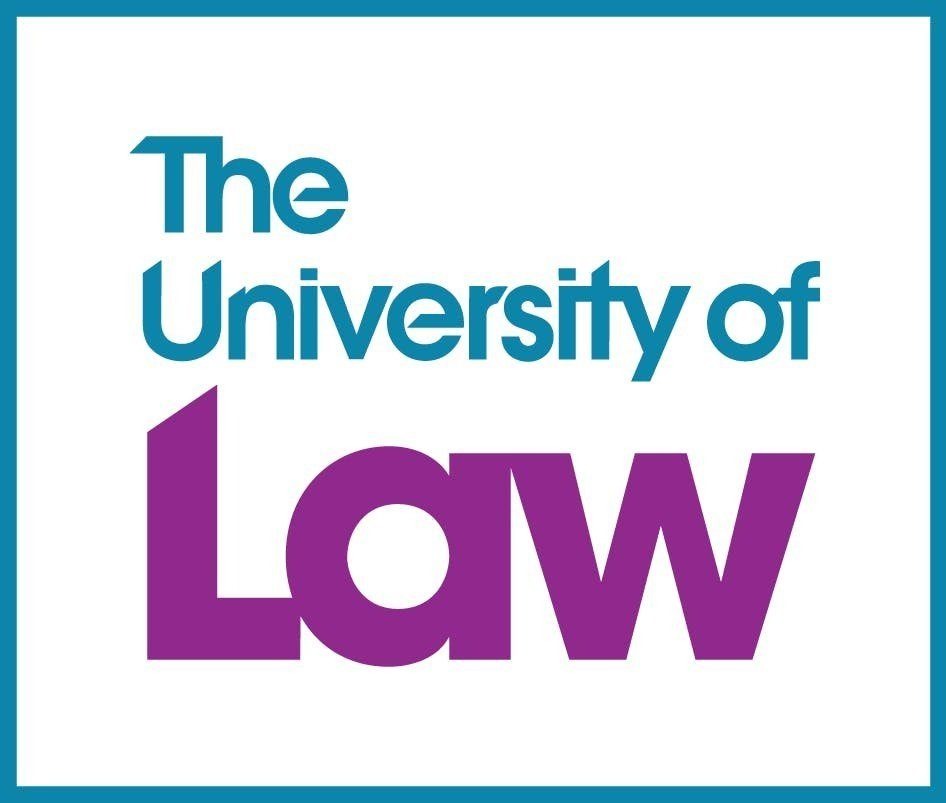John Locke envisaged a symbiotic relationship between the state and the public, based upon the value of trust. The state created by his ‘social contract’ was determined not by religion nor provenance, but by rational consent and self-interest so that individuals could live by their own choice for their own “enjoyment”, and “no further than that enjoyment lasts”, according to Jeremy Waldron.1 Locke was perceived as “the authentic voice of the social contract”, supporting “the provisional state” whose authority was derived from the consent of the people.2 Political power stemmed from the people, who conceded some of their rights to the state in return for protection and social order. The people entrusted the state to protect their natural rights and private property, despite being subordinate to the state’s authority. If this entrustment was breached, and the state lost popular support, it would collapse and be reformed because without popular consent no state can wield legitimate political authority.
Locke envisaged mutual benefits in the ‘social contract’: governments could legitimately wield the authority derived from the people’s consent to pass laws and rules which society are implicitly and legally bound to follow. Trust and rights were the core political commodities; exchanged between the government and the public that formed the basis of the ‘social contract’.
Trust and rights should also be considered when answering the titular question. One would assume that the title of ‘political protectors’ would automatically apply to the government. However, the current state of the UK government casts doubts upon this. Issues appertaining to trust and freedoms have been exacerbated during this current era of Conservative politics. For thirteen years the Conservative Party has been in power, but this tenure has become hugely problematic in the domain of public opinion — especially now, as the Rwanda policy rows continue. As such, last month Rishi Sunak attained “his lowest ever net favourability score of -49”; perhaps representing the wider unpopularity of his party in government.3 Brexit has proven to be a constitutionally unstable political process and has marred perceptions of the party’s competency: 68% of a YouGov sample believe that the government is handling Brexit “Badly”.4 Under Johnson’s premiership (2019-2022), sequential controversies during the pandemic and concerns regarding the conduct of MPs and ministers have tarnished the party’s reputation. ‘Partygate’ serves as a noteworthy example, as instead of mitigating the impact of COVID-19 on the country, Johnson’s government was breaking public trust and subsequently attempted to deceive both political critics and the electorate. Trust – a vital element of the ‘social contract’ – is expected to be upheld by any party in power, and yet, it was disregarded during this scandal.
Prior to being elected as Prime Minister, both Sunak and Liz Truss were candidates in the Conservative party leadership contests in 2022 – during which the party membership voted for candidates on a round-by-round basis. Conservative MPs cast the deciding votes in both contests. Constituents voted for their respective MPs, but it was the party membership themselves who voted twice in 2022 to elect a new party leader (ipso facto, the new Prime Minister). Consequently, the public did not have direct involvement in the election of either Prime Minister. Sunak leads a damaged Conservative Party inhibited by the consequences of ‘Partygate’, Brexit and ministerial sleaze. In addition, the government faces a country on the brink.5 These issues are monumental themselves, but incidents such as the government’s handling of the COVID-19 pandemic, arguably demonstrate a government that possesses untrustworthy qualities. Additionally, considering ongoing wars in the world, increasing inflation, and weak economic growth, perhaps the government is disconnected from its voters, as millions in the UK 6 If these issues threatening our trust in government were insufficient, on the legislative front, our rights – the second pillar of Locke’s ‘social contract’ – are also being jeopardised.
The Public Order Act 2023 perhaps serves as the most recent example of the government potentially jeopardising our rights. In May 2023, this legislation received royal assent, empowering policing authorities “to respond more effectively to disruptive and dangerous protests”.7 Section 1 criminalises the intention and act of ‘locking on’ - prohibiting individuals from attaching themselves to another, an object or a piece of land when protesting “that causes, or is capable of causing serious disruption”.8 Another offence created was the intention of, and the act of tunnelling, which involves the creation of, or the participation in the creation of a tunnel that causes or is capable of causing serious disruption.9Both offences are a response to protest groups targeting major transport works or key national infrastructure. For example, ‘Just Stop Oil’ is renowned for gluing themselves to roads preventing the non protesting majority from going about their lives. perhaps included to counter surprise acts of disruption by climate groups, authorises stop-and-search powers without grounds for suspicion.10 Arguably, the most significant provisions in the Public Order Act appertain to ‘Serious Disruption Prevention Orders’, preventative measures issued out of necessity to those who will likely repeat their disruptive behaviour.11 Those issued with orders could face prohibitions or requirements concerning “a particular place, being with particular people” or “having particular articles in their possession.”12
This legislation was clearly a political answer to the increasing number of disruptive protests instigated by environmental groups such as ‘Extinction Rebellion’. Their actions garnered the attention of the media but also caused serious disruption for non-protestors, who may have been simply wishing to travel to work.13 A political response was perhaps warranted, however, although the Act combats a minority of society, its effects are universal, potentially compromising freedoms of belief, expression, and assembly.14 The question should then be asked whether Sunak’s government has attacked all protest activity too harshly?
MPs have addressed the threat posed by this legislation, believing that it creates a “hostile environment” for protestors and our rights.15 In January, Sunak declared that he was “broadening the range of situations” which could be categorised as ‘seriously disruptive’.16 Despite describing the right to protest as “a fundamental principle”, the Prime Minister stated that the right was “not absolute”.17 Civil rights groups have described the Public Order Act as “anti-democratic”.18 Describing them as “draconian”, the civil rights group ‘Amnesty International’ have taken issue with 19 Indeed, it must be noted that the Public Order Act does not just affect these specific protestors, but also those whose practices are harmless or undisruptive. In this respect, perhaps this legislation is erosive. If the Act criminalises actions that go beyond the accepted limits to the right to protest, we would be subordinate to a law that potentially erodes not only our civil liberties but also our trust in the police.
Civil rights groups and political critics argue that the Act imposes undue restrictions on our freedoms, portraying the government as a censorious authority rather than a protective force. Regardless of whether you believe these new provisions are excessive, arguably this legislation still conflicts with freedoms codified in the Human Rights Act 1998, which translated Convention rights into national law. The 1998 Act allows individuals to rely on their convention rights in proceedings against public authorities in domestic courts.20 It remains a vital cornerstone of our democracy, especially when it comes to safeguarding individual liberties from untrustworthy politics. The Human Rights Act 1998 serves as a legal mechanism for individuals who wish to defend their rights and liberties from excessive encroachment. However, the Public Order Act potentially threatens infringing some of these freedoms which are associated with protest activity. Will the Act need time to adjust, or has it already undermined the trust which John Locke envisaged between the government and the public?
Whatever you believe, the Public Order Act 2023 has clearly impacted how we perceive the relationship between the government and our rights. Its targets are small — yet the potential effects of its provisions could be universal. All protesting activity will be affected, which means that everybody’s freedom of expression, thought, and assembly is potentially at risk. One of the concepts at the heart of John Locke’s ‘social contract’ was the protection of rights and liberties from arbitrary government; formed on the basis of trust. The current government’s record has been tarred by controversy, scandal and allegations of incompetency, which casts doubt on this trust. Furthermore, was Truss a legitimate Prime Minister? Is Sunak? Both were elected by their party membership, rather than the electorate directly. Voters elect MPs, and governments are formed by party leaders who command the largest number of these, but twice in 2022 this process of formation was diluted by an internal party process whereby Conservative MPs voted for the next Prime Minister. Some may argue that an element of representation was missing from these contests. Integrity and legitimacy could both be called into question when discussing our current government, especially if we are asking if we can trust them to safeguard our rights. Considering their previous conduct, reputation and legislation, the government may actually be a bigger threat to our freedoms than we realise.
References
[1] Jeremy Waldron, ‘John Locke: Social Contract Versus Political Anthropology’ [1989] The Review of Politics 3, 24.
[2] David Boucher and Paul Kelly, The Social Contract from Hobbes to Rawls (1st edn, Taylor and Francis Group 1994) 35-36.
[3] Matthew Smith, ‘Sunak slips to worst ever favourability rating amid government Rwanda policy rows’ (YouGov, 13 December 2023) <https://yougov.co.uk/politics/articles/48157-sunak-slips-to-worst-ever favourability-rating-amid-government-rwanda-policy-rows> accessed 19 December 2023.
[4‘] How the government is handling the issue of Brexit in the UK’ (YouGov)
<https://yougov.co.uk/topics/politics/trackers/how-the-government-is-handling-the-issue-of-brexit-in the-uk> accessed 19 December 2023.
[5] Hannah White, ‘Government in 2023: What Challenges Does Rishi Sunak Face?’ (Institute for Government, 12 January 2023) <Government in 2023: what challenges does Rishi Sunak face? | Institute for Government> accessed 25 September 2023.
[6] Dearbail Jordan and Dharshini David, ‘UK pay growth slows as jobs market stalls’ (BBC, 12 December 2023) <www.bbc.co.uk/news/business-67680267> accessed 19 December 2023.
[7] Home Office, ‘Public Order Bill: Factsheet’ (Home Office, 30 August 2023) <Public Order Bill: factsheet - GOV.UK (www.gov.uk)> accessed 19 December 2023.
[8] Public Order Act 2023, s 1(1).
[9] ibid, s 3(1).
[10]. ibid, s 11.
[11]. ibid, pt 2.
[12]. Public Order Bill: Factsheet (n 8).
[13]. BBC, ‘Extinction Rebellion Protesters Dragged from Tube Train Roof’ (BBC, 17 October 2019) <www.bbc.co.uk/news/uk-england-london-50079716> accessed 19 December 2023
[14]. Human Rights Act 1998, sch 1, arts 9-11.
[15]. Nadeem Badshah, ‘Ministers creating ‘hostile environment’ for protestors, says MPs’ The Guardian (London, 17 June 2022) <Ministers creating ‘hostile environment’ for protesters, say MPs | Protest | The Guardian> accessed 2nd January 2024.
[16]. William James, ‘UK seeks stronger powers to stop disruptive protests’ (Reuters, 16 January 2023) <UK seeks stronger powers to stop disruptive protests | Reuters> accessed 26 September 2023.
[17] ibid.
[18]. ibid.
[19]. Amnesty International, ‘The Public Order Bill: Explained’ (Amnesty International UK, 26 April 2023) <The Public Order Bill: Explained | Campaigns blog | 26 Apr 2023 | Amnesty International UK> accessed 26 September 2023.
[20]. HRA 1998, s 7(1)(b).
Bibliography
Legislation
Human Rights Act 1998.
Public Order Act 2023.
Books
Boucher D and Kelly P, The Social Contract from Hobbes to Rawls (1st edn, Taylor and Francis Group 1994).
Journal articles
Waldron J, ‘John Locke: Social Contract Versus Political Anthropology’ [1989] The Review of Politics 3.
Web pages and blogs
Amnesty International, ‘The Public Order Bill: Explained’ (Amnesty International UK, 26 April 2023).
Badshah N, ‘Ministers creating ‘hostile environment’ for protestors, says MPs’ The Guardian (London, 17 June 2022).
BBC, ‘Extinction Rebellion protesters dragged from Tube train roof’ (BBC, 17 October 2019). Home Office, ‘Public Order Bill: Factsheet’ (Home Office, 30 August 2023). James W, ‘UK Seeks Stronger Powers to Stop Disruptive Protests’ (Reuters, 16 January 2023).
Jordan D and David D, ‘UK Pay Growth Slows as Jobs Market Stalls’ (BBC, 12 December 2023).
Smith M, ‘Sunak Slips to Worst Ever Favourability Rating Amid Government Rwanda Policy Rows’ (YouGov, 13 December 2023).
White H, ‘Government in 2023: What Challenges Does Rishi Sunak Face?’ (Institute for Government, 12 January 2023).
YouGov, ‘How the Government is Handling the Issue of Brexit in the UK’ (YouGov, 2023)

















